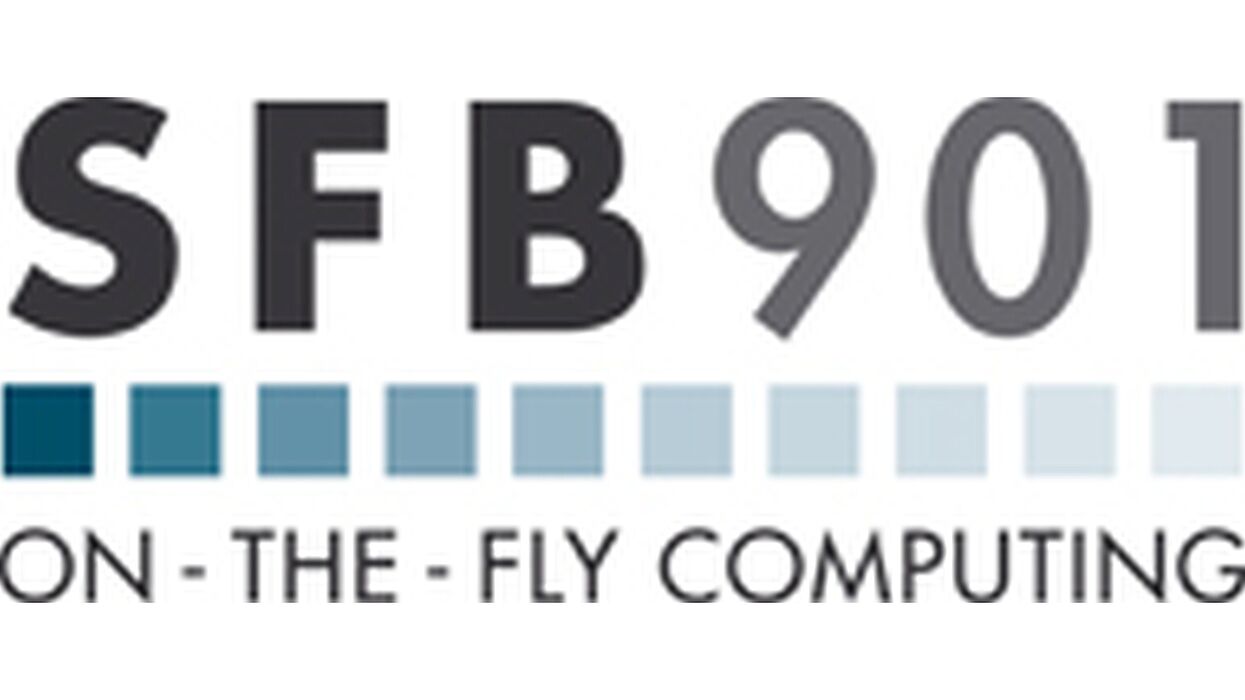On December 16, 2020, the 6th SFB 901 seminar in the winter semester will take place.
4:00 - 5:00 subproject C5
Speakers: Prof. Dr. Gregor Engels, Prof. Dr. Dennis Kundisch, Prof. Dr. Nancy Wünderlich
Title: Setting up OTF markets: A spotlight on interdependent business models
Abstract:
The team of subproject C5 develops an architectural framework of OTF markets, which comprises three different, interconnected levels: Business, Development, and Operations (BizDevOps). In the previous funding period, we focused on structural aspects of an OTF market and identified variabilities and architectural patterns of OTF markets. In the current funding period, we focus on dynamic aspects of OTF markets with a particular emphasis on investigating dependencies within and between business models of participants as well as understanding the attractiveness and success factors of OTF markets. This is important as the literature is (mostly) silent on how a market provider can be best supported to set up a successful OTF market. Our presentation will be an interactive and interdisciplinary panel discussion on the challenges of systematically developing OTF markets in light of the interdependencies of the market participants’ business models.
Speaker: Sebastian Gottschalk
Title: Systematic Development of Platform-based Business Models based on Consolidated Expert Knowledge
Abstract:
Business Model Innovation (BMI) is a creative process that often needs collaboration with the support of domain experts. Instead of innovation workshops where the domain experts need to be physically present, software-based tools allow reusing the knowledge of many domain experts independent of their actual presence. This reusing of expert knowledge, which improves the quality of the developed business models, is currently not supported by existing Business Model Development Tools (BMDTs). To address this shortcoming, we present an approach to support BMDTs with consolidated knowledge of different experts. In our approach, domain experts formalize their knowledge about business models for certain domains in expert models to make it useable within and transferable between different tools. Business developers can subsequently choose the expert models they need, consolidate the knowledge, and use it within the BMI process. With this approach, we provide a three-fold contribution to the research of BMDTs: First, we design a modeling language to store business model knowledge of individual experts. Second, we develop a concept to consolidate expert knowledge and detect possible knowledge conflicts. Third, we provide blueprints to add expert knowledge into existing BMDTs. We demonstrate the technical feasibility of our approach with an open-source BMDT implementation and show the applicability with a case study of mobile apps.
The talks will be held via BigBlueButton.

